by Paula Chaffee Scardamalia
In a dictionary, you discover both words have the idea of a repeated act or procedure as one of several meanings. But look at the words themselves and you see how different from each other they truly are.
A well-traveled path, though, as any hiker or dedicated walker can tell you, is easy to follow. Signs aren’t necessary. Stones, or other debris have either been removed or ground down by the constant tread of feet, and the path is relatively smooth. Risks or challenges along the way are known and can be avoided or prepared for.
Routines are given a bad rep, because you might get too comfortable in them and because they might make you and your life—and/or writing—boring. But…
Routines are necessary. In personal life, work life, and in your creative life.
Like that well-traveled path, routines are easy to follow, require no direction, seldom trip you up and help you avoid risks. Routines, because of their repeated set of actions allow your brain and body to put energy into other things, like writing, and help you use your time more effectively. Morning routines, go-to-bed routines, drive-to-work routines and many others, all make life easier.
You don’t want to spend time and brain power trying to decide whether to take a shower first and then have breakfast, or have breakfast and then a shower. Instead, you develop a morning routine, a set of actions in an order that doesn’t require thinking or even much attention. Ever driven a car to work or some other frequently visited destination only to realize you don’t really remember getting there? The routine of that well-traveled path doesn’t require much thinking or decision making any more, you don’t have to read road signs or wonder if you are heading the right way.
Routines make life easier and more efficient, because you don’t have to think about your actions any more, saving time and brainpower.
When routines are disrupted, it is then you discover just how much you value them...long for them even.
But a full life comes with disruptions to routines. Sometimes returning to them is easy, but sometimes the return is harder and slower. And sometimes, you return to those paths changed.
- What routines need to be jettisoned as worn-out habits that no longer serve you?
- What new routine in your life or your creative space might be helpful?
Deriving from the Latin word, ritualis, relating to (religious) rites (from ritus, “rite”, religious observance or ceremony), the word ritual implies a set of actions having to do with the transcendent or sacred. The more formalized version of ritual, of course, is that found in church and temple.
In current usage, ritual is relegated to either the less personal heights of church or temple, or reduced to the equivalent of routine.
But simple rituals you design yourself are the means for adding depth, focus and awareness to your writing life. Use your creative mind to design rituals for transitions into creative work and out again, or bigger events such as the hanging of a show or the launching of a business. While there may be a pattern of repeated actions in these types of rituals, the purpose of the enacted patterns is to bring a mindfulness to the moment.
To enhance and empower your creative work, look at where you might create rituals to:
- Ease you from your routines into the meaningful act of creating, such as closing the door and putting on special music just for writing, or lighting a candle, or putting on special music.
- Honor the soul-level dimension of your writing by meditating, doing conscious dream work, free writing, going for a walk in Nature, or by pulling a few oracle or tarot cards.
- Move from fear into confidence, from procrastination into empowerment by listing the fears or blocks and then burning them, or spritzing yourself with a special aromatherapy spray for courage or creativity, or moving into an empowering posture or gesture.
- What is a simple ritual you can design that will enhance your creativity?
To increase your productivity along with creativity, observe your routines and how you might use a routine to your creative advantage, and then design one or two simple rituals to connect you with inspiration and help you dive into the writing waters.

Paula Chaffee Scardamalia is a book coach, dream and tarot intuitive and the author of Enchanting Creativity: How Fairy Tales, Dreams, Rituals & Journaling Can Awaken Your Creative Self. She also wrote the award-winning Weaving a Woman’s Life: Spiritual Lessons from the Loom, as well as Tarot for the Fiction Writer, and her novel, In the Land of the Vultures. For more than 20 years, Paula's presented workshops across the country for national and regional Romance Writers of America and other writing groups’ events, both online and in person.
Paula offers both book coaching and editing services for fiction and nonfiction writers, using both her practical experience and intuitive tools where appropriate. You can find out more at Divining the Muse.

This month's question: In this constantly evolving industry, what kind of offering/service do you think the IWSG should consider offering to members?
I'm happy with the sense of camaraderie that IWSG creates, so I don't have any suggestions. I'm interested to read what others have to say in the blog hop.
Happy Writing!

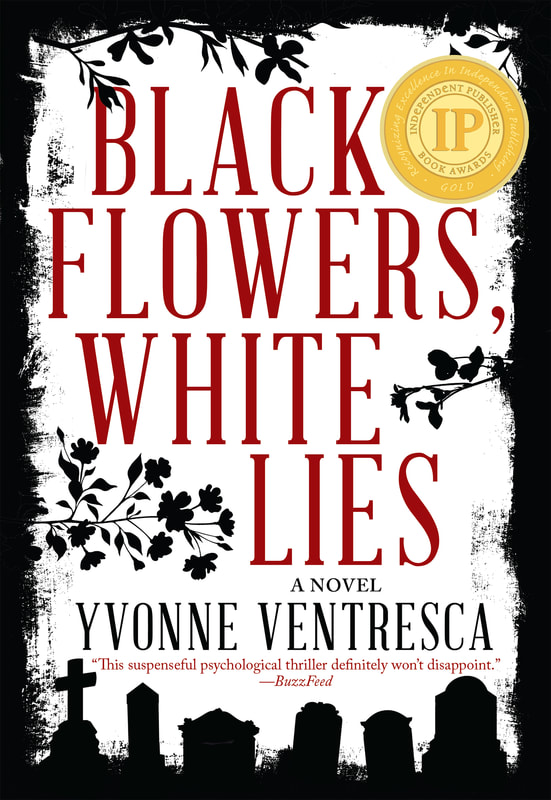

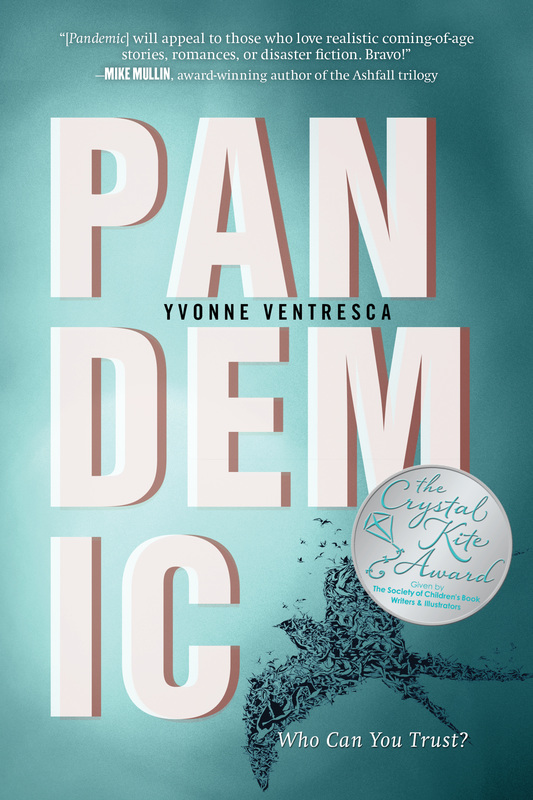
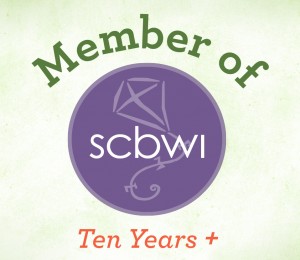

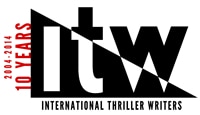
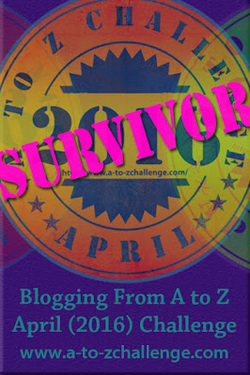
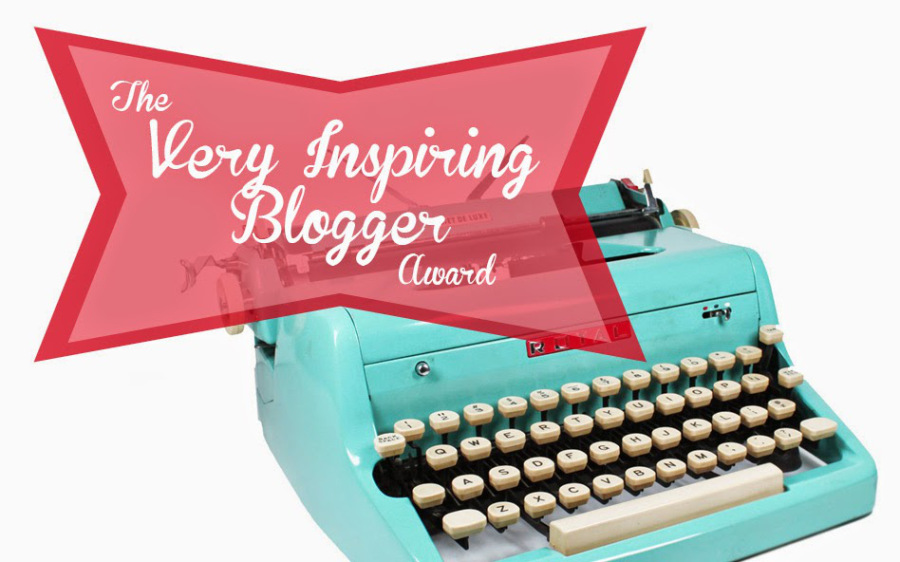
 RSS Feed
RSS Feed